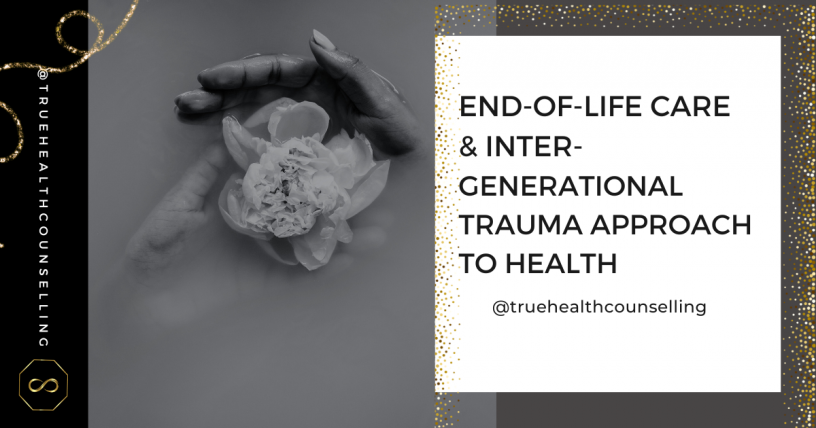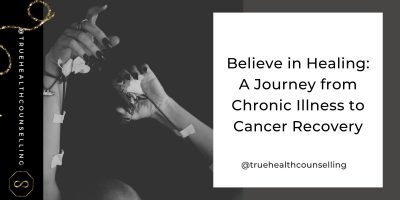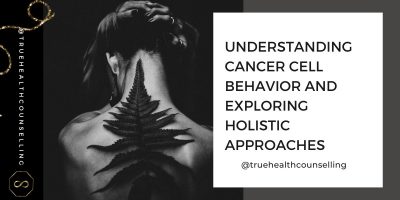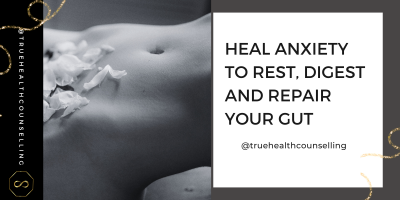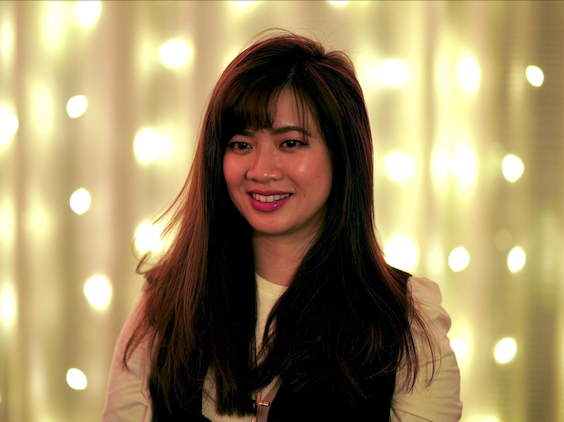A Holistic and End-of-Life Care Values-Based Approach to Health and Addressing Intergenerational Trauma
The Western paradigm of approaching illness is very external or physical-based and the more that we discover the elements of health and well-being of a whole person, we learn that we are holistic, social and emotional beings.
Why do we wait until death to figure out what’s really important? It became startling to me that until I worked as a palliative care nurse, I found out that what we were doing in health care is backwards. I saw that we were finally treating patients and families as a whole when it came to preparing for their death. We started looking at the compassion and spirituality of the person, reflections and what was most important to them in the way that they die.
But how about doing all this earlier on in assessing all these important facets of health and asking individuals and families how do we want to live? What is compassion right now for us? What is our spiritual nature for ourselves and for our families? This Western health paradigm lives our values backwards. Rest In Peace, is a phrase we often say at death but why can’t we say that when we’re living? Why can’t we value and work toward peace and compassion now?
I think it’s because we were busy surviving and trying to find safety and security in our lives, and avoiding the intimacy we need to have with ourselves first. I believe we are all beginning to wake up from survival and intergenerational trauma.
Intergenerational Trauma
Whether it is childhood trauma, emotional trauma, parental attachment styles, PTSD or whatever stress we carry within and deal with in our day to day, it all stems from survival trauma. Survival trauma is impacted by collective and intergenerational trauma. We’re all just trying to survive and for some of our bloodlines, there has been a lot of pain and sacrifice, war and betrayal. As much as we can blame it on our parents and what they did to us or our intimate partners because they’re like our parents or whatever else, the bigger piece to look at is the root of it throughout the generations within the family and with each other at large.
Our social connection and emotional makeup inform how we feel and how we relate to the world and the people around us and ourselves. With our history of war and genocide of intergenerational trauma that lingers in our blood, there is a lack of safety that we all experience on a deep level.
This lack of safety collectively could explain our era of anxiety in this generation. While all children and adults need love and belonging in a safe space to nourish one’s skills and experiences to flourish in life, many of us lack this fundamental need. Therefore we turn ourselves into machines and can’t feel and those of us who adapted differently, we feel too much and have addictions to cope with and survive our lives.
Our grandparents and parents birthed our industrial revolution and now it is our time to pursue this area of self-healing and human connection that drives our existence, behaviours and new and healthier patterns to create in our world.
To individuals out of touch with their emotions, our voice and feelings may not play an important role in the means of survival. Having a voice or an opinion or understanding of how we feel doesn’t really matter in the face of survival. The previous generations didn’t have time or luxury to check in with whether they were exercising their voice or honouring how they feel, because they were busy trying to get enough money to put food on the table or sustain a roof over their heads.
This is also why survival trauma runs so deep because our souls’ voices and feelings were up against basic survival needs. This is just the evolutionary ladder we were climbing and it is a privilege and luxury to heal and make space for our voices and feelings to play a true role in the creation of life.
A Return to Safety at the Soul Level
Because of all this, I believe that to restore a deep sense of safety and health within ourselves and humanity at large is to connect deeper with who we are and begin to acknowledge each other’s voices and feelings of the soul. Only then can we have reverence for our quality of life sooner than later. I invite you to come back home to your true self.
To Your Healing,
Tracey Nguyen, RN, MN, Holistic Nurse Psychotherapist
